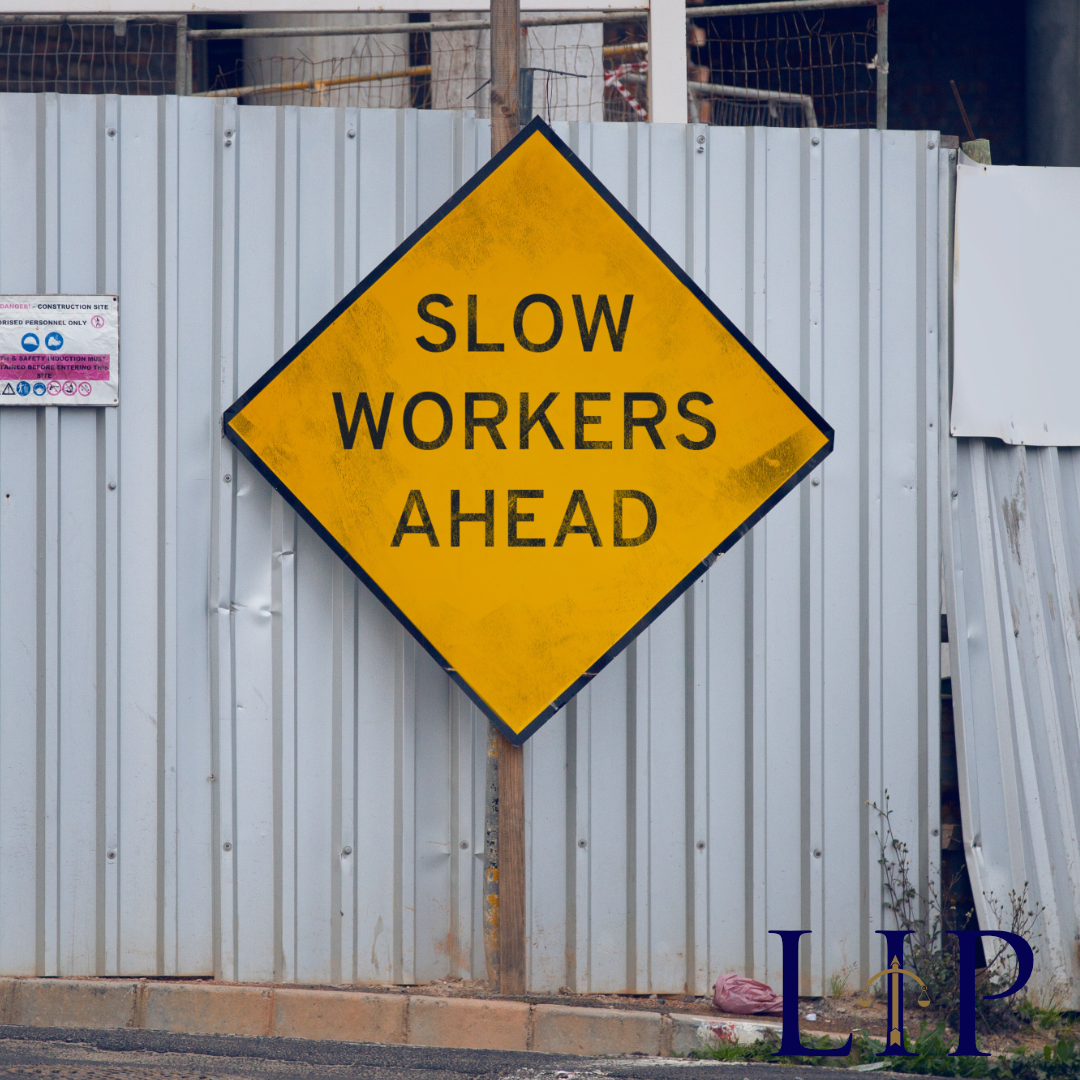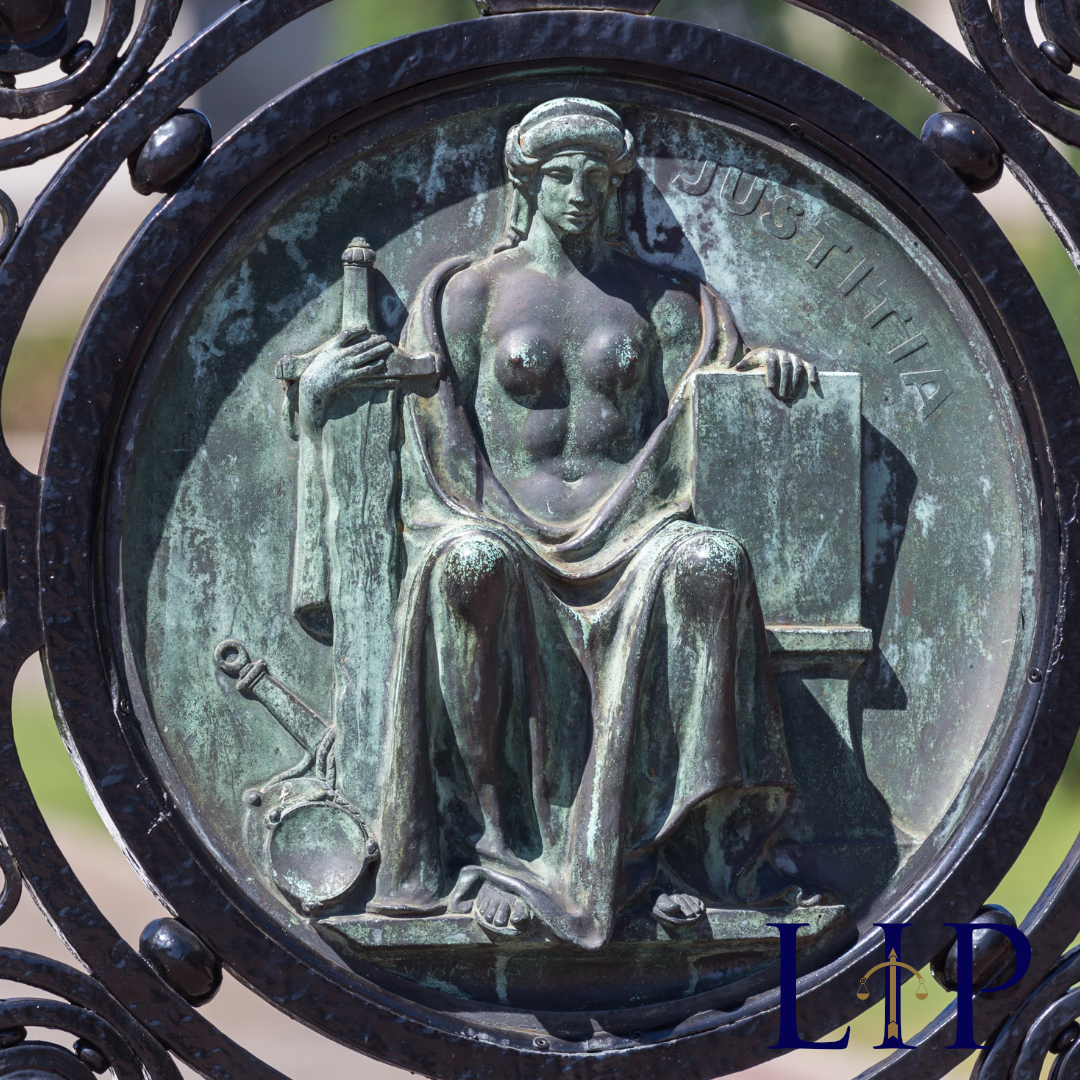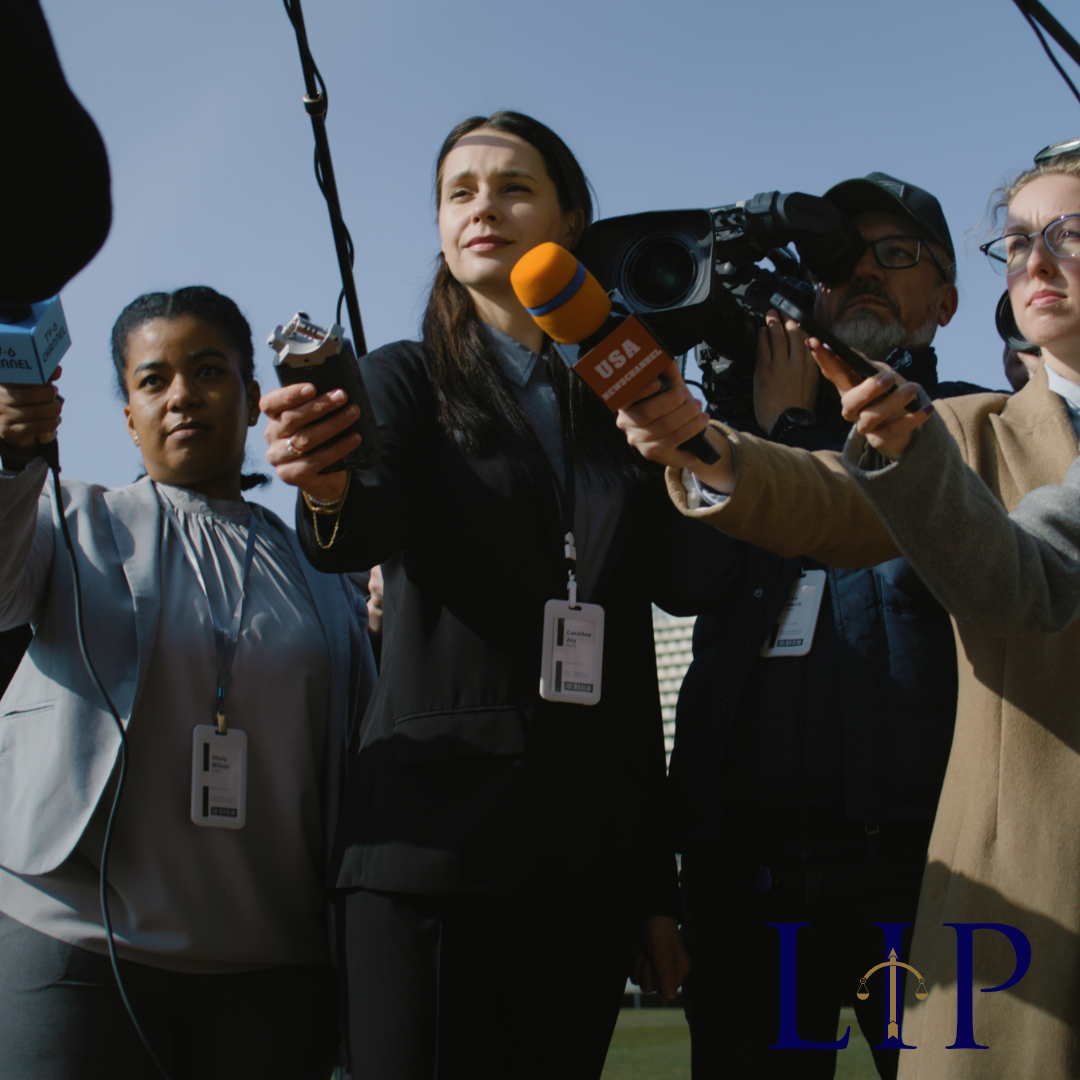We strengthen public understanding of the law, international law, legal definitions and the institutions that uphold them.
Why the Slow Pace of Justice Is Actually Its Greatest Asset
As international legal organisations designate the United States as the focus country for the 2026 Day of the Endangered Lawyer, and Virginia federal judges move to replace improperly appointed prosecutors, the rule of law faces unprecedented pressure. Yet amid widespread calls for faster outcomes and streamlined processes, we're forgetting something crucial: the deliberate pace of legal processes isn't a bug in the system—it's actually a feature that protects us all.
When International Courts Are Asked to Redefine the Law
International courts are facing unprecedented pressure to expand legal definitions to meet contemporary expectations of accountability. From genocide to war crimes, the temptation to stretch established thresholds is growing. But when legal terms become elastic, applied without rigorous evidentiary standards, they cease to function as law at all. The ICJ's current caseload illustrates why maintaining strict legal standards isn't pedantry, it's the foundation of legitimate international adjudication.
Media Trials vs Court Trials: Why Legal Outcomes Rarely Match Headlines
By the time a high-profile case reaches judgment, public opinion has usually delivered its verdict weeks ago. Then the judge hands down the actual decision, and no one saw it coming. This pattern repeats itself with remarkable consistency. The surprise isn't because judges are being deliberately contrarian. It's because courts operate in an entirely different universe from the one most of us inhabit when scrolling through news feeds.
AI in the Law: Accountability Still Rests With the Lawyer
Artificial intelligence has moved from novelty to necessity in legal practice, but courts are making one thing crystal clear: technology doesn't dilute accountability. Recent guidance from regulators worldwide confirms that whilst AI can draft, summarise, and analyse, the lawyer remains personally responsible for every word submitted to court. Speed and efficiency matter, but verification matters more. The message is simple: innovation is welcome, but accountability cannot be automated away.
Myanmar at the ICJ: Why Genocide's Legal Threshold Must Remain High
The International Court of Justice is hearing genocide allegations against Myanmar over its treatment of the Rohingya population in Rakhine State. But this isn't about whether terrible violence occurred or whether serious crimes were committed. It's about whether that violence meets the Genocide Convention's exceptionally demanding legal test for specific intent to destroy a group, and why loosening that standard would damage the credibility of genocide law itself.
Public Figures and Privacy: A Different Test or Just Different Facts?
Recent high-profile privacy cases have sparked debate about whether celebrities face tougher legal hurdles when protecting their private lives. With Prince Harry set to testify next week in his lawsuit against the Daily Mail, this question has never felt more current. The answer isn't straightforward: whilst public figures retain full privacy rights, courts must navigate a more complex factual landscape where notoriety shapes context without diminishing fundamental protection.
Popularity Has Never Been a Legal Test
International law is increasingly framed through consensus, with petitions and declarations treated as if volume confers legal authority. Yet consensus has never been a legal standard. Courts adjudicate through treaties, customary practice with opinio juris, and judicial procedures, not by counting opinions. Elevating consensus to a quasi-legal threshold blurs advocacy and adjudication, pressures courts to appear responsive rather than rigorous, and frames dissent as illegitimacy. When non-state actors displace state authority in declaring law, the foundational mechanisms of international law erode. Legal credibility depends on resisting the conflation of popularity with validity and maintaining the discipline that separates law from lobbying.
Who Owns the Ocean Floor? A New Legal Battle Is Rumbling Beneath the Waves
The deep seabed contains the minerals powering our energy transition, but nobody can prove what's down there or who's accountable when things go wrong. Welcome to the world's first major legal zone where access is easier than accountability.









